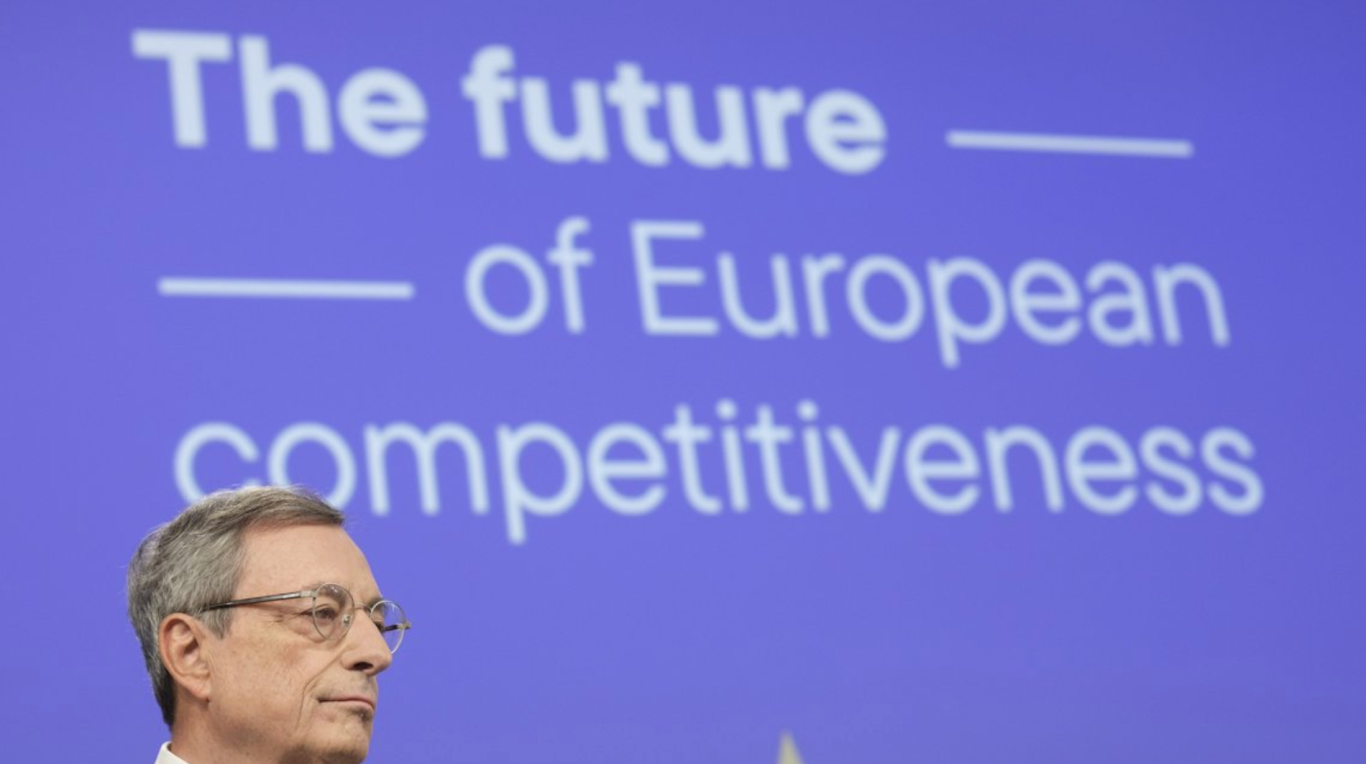05-10-2024
The future of European competitiveness
The report of Mario Draghi on the future of European competitiveness highlights the seriousness of the situation and the real risk for the European way of life if these issues are not addressed urgently.

The future of European competitiveness
I read with interest the summary of Mario Draghi’s recent report on the future of European competitiveness.
Crucial issues
In the report Mario Draghi states that the EU must address three crucial issues:
- Closing the innovation gap with the US and China.
- Developing a joint plan to link the goal of decarbonisation with increased competitiveness.
- Boosting the security of Europe and reducing its dependence on foreign economic powers.
Maintaining the European way of life will rely on improving competitiveness, and improving competitiveness requires closer cooperation and integration between the European nations, Mr Draghi said.
The report quotes some interesting numbers.
- Since 2002, the GDP per capita has increased twice as much in the US than in the EU.
- The gap of GDP between the US and the EU has widened from 15% in 2002 to 30% in 2023.
- By 2040, the workforce in the EU is projected to shrink by close to 2 million workers each year
The competitiveness gap with the US and China is mostly linked to a lack of investment in Europe. The EU being designed to develop a free market, it is focussed on customers rather than supporting producers.
Areas of concern
The report highlights three main areas of concern:
- The lack of investment, which has resulted in the slowdown of productivity growth in Europe.
- The lack of a plan to meet the goals of decarbonisation.
- The projected shrinkage of the workforce.
The fact that the trend in each of these areas is going in the wrong direction is alarming.
Firstly, many countries in Europe are faced with huge debts (resulting from the 2008 financial crisis, COVID and the war in Ukraine). Governments are therefore not inclined to invest massively to improve the productivity of their industry. On the contrary, they are focussed on reducing spend and increasing taxes.
Secondly, measures to address decarbonisation seem to be increasingly perceived negatively by the population. In areas such as the electrification of vehicles, the development of wind energy or the decarbonisation of agriculture, many “influencers” picture negative stories.
These issues are by nature very complex. Non-expert influencers in search of an audience tend to over-simplify and end up misleading.
The early enthusiasm to address climate change seems to have gone away as people are continuously bombarded by misleading and incorrect facts about decarbonisation.
Thirdly, the rise of popularism in several countries translates into the trend to close borders and reduce migration, which makes it increasingly difficult to address the projected shrinkage of the workforce.
Conclusion
There are no obvious solutions to address these concerns, but the report of Mario Draghi will hopefully help people appreciate the seriousness of the situation and the real risk for the European way of life if these issues are not addressed urgently.
Although the UK is no longer part of the European Union, I believe that it is affected by the same issues with the addition to the Brexit aftermaths.
Help
I work with overstretched people leading Engineering SMEs to help them prepare their business so they can achieve profitable growth.
If you would like to discuss how I could help you to grow your business internationally, please use the link below to book a time in my diary for a free 30-minute exploratory conversation.